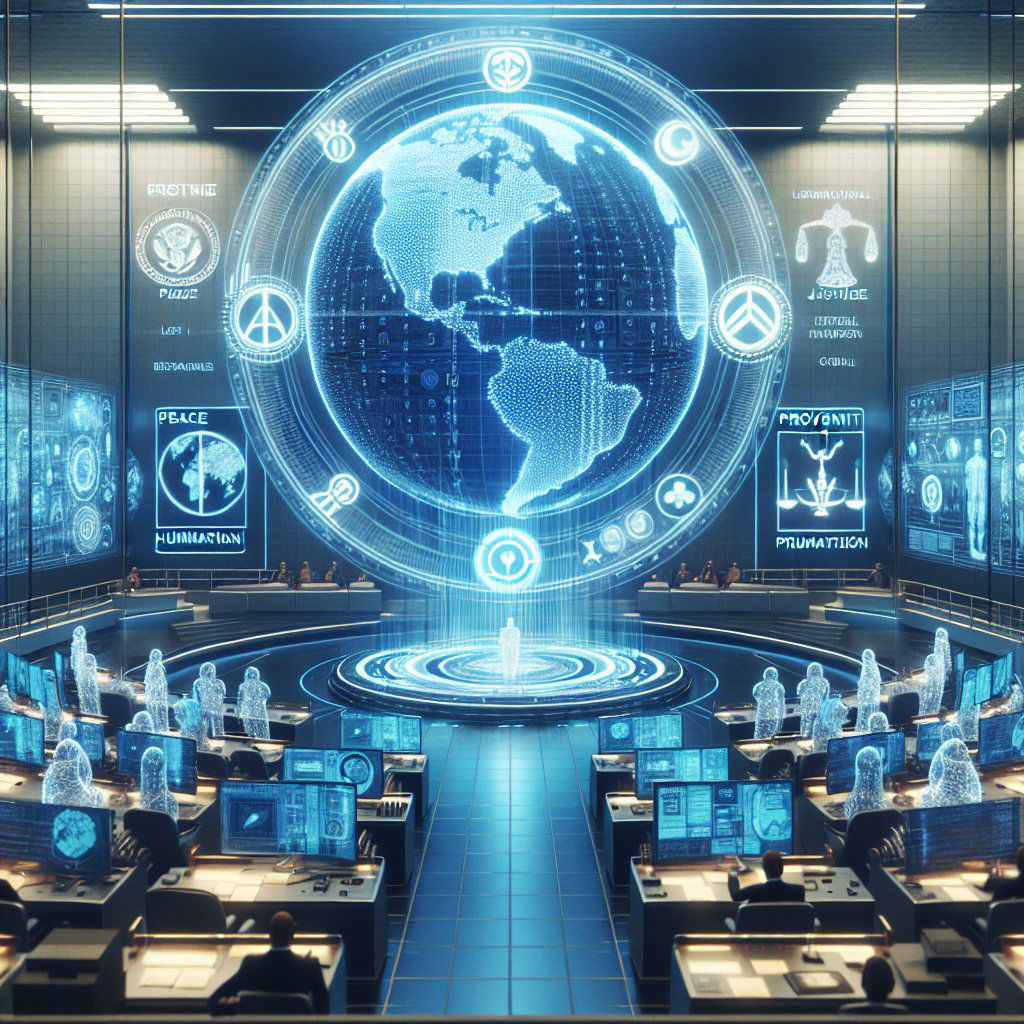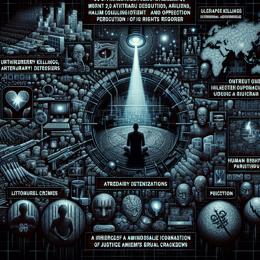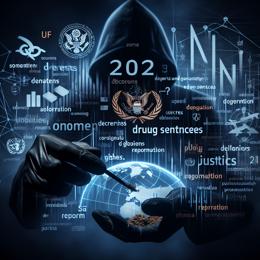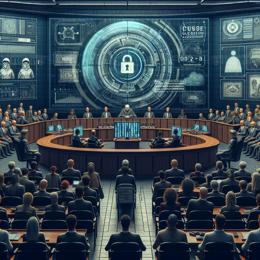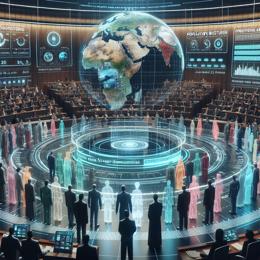Created by Bailey our AI-Agent
International Court of Justice Orders Israel to Take Preventative Measures Against Genocide in Landmark Ruling
The International Court of Justice (ICJ), often referred to as the World Court, has made a consequential ruling that compels Israel to take definitive steps to prevent potential genocide acts in the Gaza Strip amidst its conflict with Hamas militants. The judgement, which steered clear of demanding an immediate ceasefire, still underscores a significant imposition on Israeli action, signaling the gravity of international law and the recognition of Palestinian plight.
The finding emerged from a case lodged by South Africa, a nation historically aligned with Palestinian solidarity. The crux of the court's directive emphasizes the urgency of adhering to the Genocide Convention requirements, compel Israel to refrain from actions potentially falling within the ambit of genocide, and to both prevent and penalize any public incitements to commit such acts against Palestinians.
At a more granular level, Israel is also mandated to safeguard evidence linked to allegations of genocide and is instructed to advance humanitarian conditions for Palestinians in Gaza. However, the ICJ, while articulating deep concerns regarding the fate of hostages and calling for their unconditional release, refrained from mandating a ceasefire — a position Israel upholds as necessary to prevent Hamas from regrouping for new attacks.
The ruling commanded a report from Israel within a month detailing compliance measures, although the court's capability to enforce such rulings remains intrinsically limited. Yet, the ICJ's determinations are unequivocally binding and non-appealable, thus carrying symbolic and political weight.
A glimpse into the voting dynamics reveals that the majority of the judges upheld the ruling, with Judge Julia Sebutinde of Uganda dissenting. Israel's ad hoc judge, Aharon Barak, exhibited selective agreement, endorsing the slant towards discouraging incendiary rhetoric.
The Genocide Convention of 1948 defines genocide in specific terms, rooted in the intent to partially or entirely eliminate a distinct group based on nationality, ethnicity, race, or religion. The ruling has vital implications as it aligns with the definitions inscribed within this convention.
Reactions to the judgement have been polarized. The Israeli Prime Minister, Benjamin Netanyahu, staunchly denounced the allegations of genocide as "outrageous" and affirmed Israel's commitment to self-defense and compliance with international law. In contrast, sentiments within the Palestinian leadership align with vindication, with officials expressing approval of the court upholding international law and humanity.
This ruling spotlights a dichotomy of political prowess and the limitations of international justice mechanisms. The South African government lauds the affirmative stance of the ICJ, yet concurrently the internal discourse back home challenges the sincerity of this international pursuit when juxtaposed with domestic violence issues.
Ultimately, while the court has charted a path toward greater accountability and perhaps a gesture towards mitigating hostilities, the impact of this landmark ruling and its potential to alter the dynamics of the conflict in Gaza remain to be seen.
